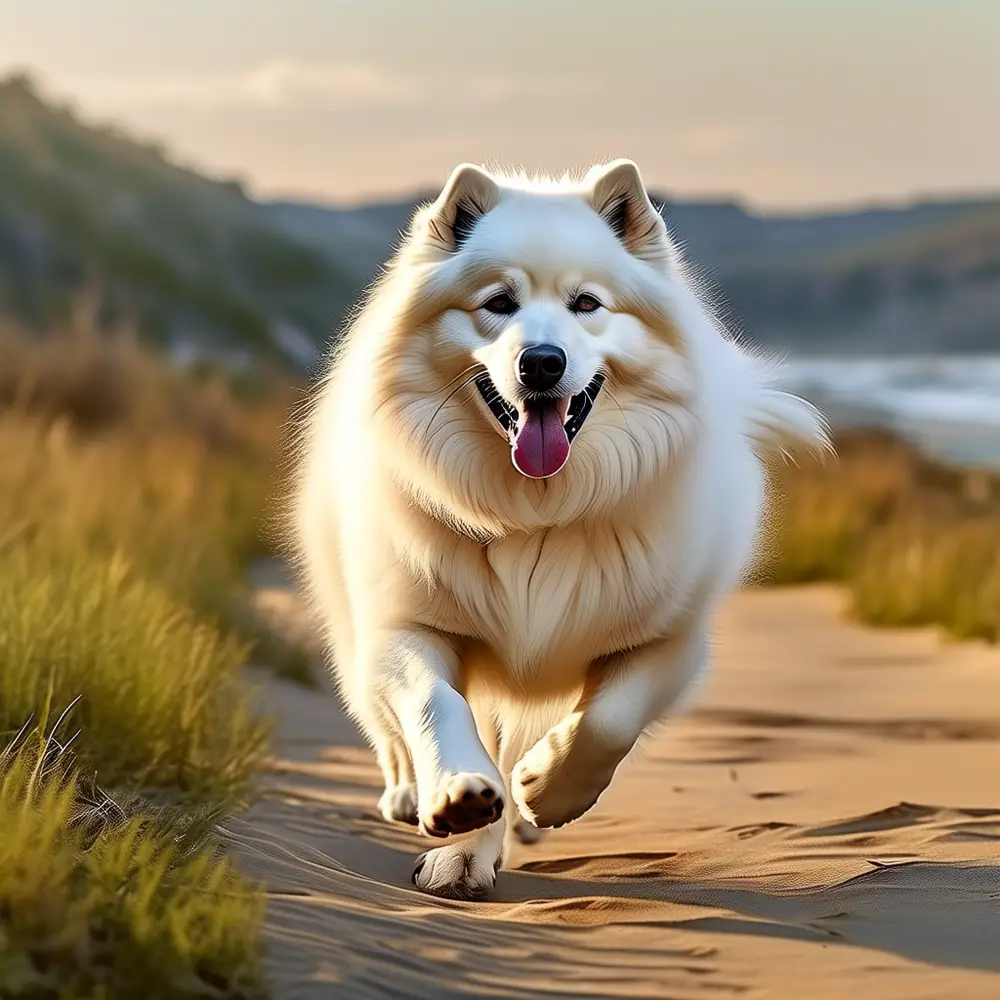Golden Years, Golden Care: Nurturing Your Senior Dog's Health
As your canine friend enters their senior years, their health needs evolve, and it's up to you to ensure they stay happy and healthy. Just like with humans, the golden years can bring a host of new challenges, from joint pain to changes in metabolism. But with a little extra care and attention, you can help your pet enjoy a comfortable and joyful life.
First and foremost, regular veterinary check-ups are crucial. As your dog ages, more frequent visits (at least twice a year) can help catch any potential issues early. For example, if your vet notices early signs of arthritis, they can recommend appropriate treatments or supplements, such as glucosamine, to keep your dog mobile and pain-free. Don't wait for symptoms to become severe; proactive care is key.
Diet is another critical aspect of senior dog health. As your dog’s metabolism slows down, they may need fewer calories but more nutrients. Consider switching to a senior-specific dog food that is lower in fat and higher in fiber. For instance, if your dog has started to gain weight, a diet formulated for senior dogs can help manage their weight and support their overall health. Always consult with your vet before making any dietary changes.
Exercise is still important, but it should be adapted to your dog’s changing abilities. Short, gentle walks and low-impact activities like swimming can help maintain muscle tone and joint flexibility without overexertion. For example, a 10-minute walk around the block twice a day might be just right for a senior dog, whereas a younger dog might need a longer, more vigorous outing. Pay attention to your dog’s energy levels and adjust accordingly.
Mental stimulation is often overlooked but equally important. Keep your senior dog’s mind active with puzzle toys, short training sessions, and interactive play. For instance, a treat-dispensing toy can keep them engaged and mentally sharp. This not only helps prevent cognitive decline but also strengthens the bond between you and your pet.
- Regular vet check-ups (at least twice a year)
- Switch to a senior-specific, nutrient-rich diet
- Adapt exercise routines to shorter, gentler activities
- Provide mental stimulation with puzzle toys and training
A Common Mistake: Overlooking Dental Health
One common mistake many owners make is neglecting their senior dog’s dental health. Regular teeth brushing and professional cleanings can prevent painful dental issues and even systemic health problems. If your dog resists brushing, consider dental chews and toys that can help reduce plaque and tartar buildup.
By staying attentive to your senior dog’s evolving needs, you can ensure they enjoy a high quality of life well into their golden years. Remember, a little extra care goes a long way in keeping your canine friend happy and healthy.
